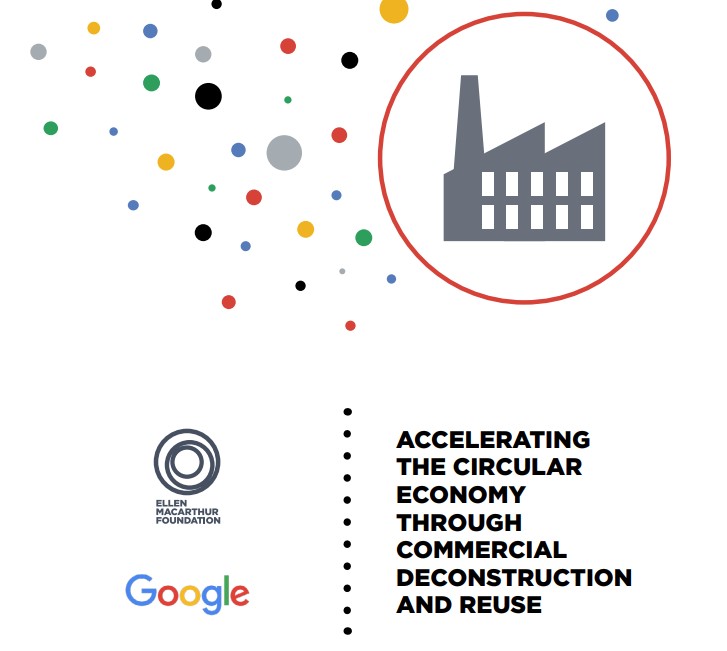Sustainability is about resource usage – and the resources that organisations use are purchased. Smart purchasing and procurement people with good connections can make a big difference to the sustainability of their organisation and explore exciting new ways to develop their career success at the same time.
The future of sustainable purchasing
At its simplest level, sustainable purchasing is about buying greener products and services – the big question is “what’s a green product?” There are lots of businesses marketing “green” products that aren’t really all that sustainable – you don’t want to risk being labelled “green-washing” because you didn’t do your homework.
Some first steps in sustainable procurement might include:
- Buying recycled products instead of new ones (e.g. copying paper)
- Buying safer green materials and/or services (e.g. cleaning products)
- Researching smaller, more efficient company cars – maybe even some electric vehicles.
But this is just your warm-up – there’s a far bigger game to be played. It’s a game that’s exciting, rewarding and full of wheeling and dealing. What you buy, how you use it and how you dispose of it will all become important. Negotiations won’t just be about purchase price – they’ll increasingly be about life-cycle cost and environmental footprint. For example:
- You won’t just be buying recycled paper – you’ll be buying office furniture designed for complete re-manufacture into more office furniture.
- You won’t just be buying green power – you’ll be exploring solar solutions and co-generation plants that turn methane into energy on-site.
- You won’t be buying air-conditioners – you’ll be buying “environmental services” that will keep your premises at a comfortable temperature.
- Electronic products will increasingly become products-of-service – and you’ll be negotiating for the services, not the devices. Your suppliers will want them back to make more products.
- You’ll be organising return-to-re-manufacture deals with your customers, not just buying virgin raw materials from suppliers.
Build your resource literacy
This new approach to resources will require new business literacies. Over the past 20 years, computer skills developed as a required business literacy for all but the most basic jobs. A key literacy for the coming decades will be resource literacy – a deep knowledge of the full life cycle of the materials, products and services that we use in business.
We’ll need to know more than the impacts of making things. We’ll also be concerned the impacts of using them and the impacts of disposing them. We’ll learn to think about where materials come from: what resources a product needs to run during its life cycle; and what happens to our purchases when their useful life is over.
The procurement advantage – seeing the system
Procurement happens across the organisation, from accounting to production to customer services – so you get to see the whole organisation, not just one part of it. Procurement also gets to see the downstream side of the supply chain – the suppliers and the delivery process. You may even get involved in waste disposal services.
With a systems perspective, you have a unique opportunity to move beyond basic sustainability and become a player in the bigger game of regenerative business – business that’s designed to be good for its host eco-system.
Playing a bigger game – procurement and Regenerative Business
The end game for sustainability is going to be profitable regenerative business – designing and delivering products and services that are actively good for the environment. To get a head start on the game and increase your career success, it’s going to be worth understanding the core principles involved.
- Everything is a service – we want what the product does for us, not what it’s made of. Learn to sell the valuable service behind your product and you don’t have to sell more ‘units’ to do good business.
- There are NO wastes – because there is no “away” where waste won’t cause problems. Find a valuable use for everything, or design the waste out.
- Design products to be totally safe – safe to make, safe to use and safe to dispose of. Design toxins OUT – whether they’re emissions, effluent or embedded in your product.
- Design products for re-manufacture – the design will end up better and your liability for their disposal will be minimal. You might even develop a manufacturing cycle with no raw materials.
- Copy natural processes – borrow from Nature’s millions of years of design experience to develop room-temperature processes using renewable materials.
- Use MUCH less – a prosperous future requires 75% to 90% increases in resource efficiency. Incremental improvements have a place, but they don’t produce the new answers that “the goal of zero” inspires.
- Design small, local, smart solutions – “economies of scale” is a 19th century myth for all but the highest-volume products.
The innovation opportunities of a systems perspective
Step beyond sustainability and play the game of regenerative business and you can make a big difference and design great business projects. Who knows what innovative possibilities your procurement systems perspective will uncover? Could your opportunities include:
- Exploring co-generation solutions to producing energy on-site?
- Collaborating on cooperative design projects that design out toxins and design in sustainability?
- Buying back old products from customers in order to re-manufacture them into new products?
- Finding a customer for your “waste” by-products who can turn them into a value-added product?
There are an enormous range of profitable regenerative business strategies already at play, and they’re developing all the time. They provide great opportunities for smart operators to increase their career and business success. “The environment” has been making headlines as a potential business issue since the 1970s – and it isn’t showing any signs of going away.
Get on the front foot and explore some of them in the Regenerative Business group on LinkedIn at: http://www.linkedin.com/groups/Regenerative-Business-3694844 or do your own local industry research. This is an opportunity too good to miss out on.










